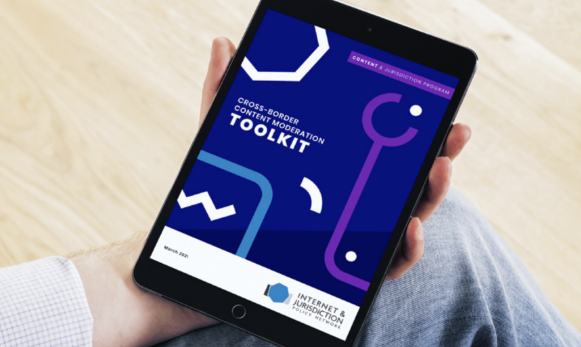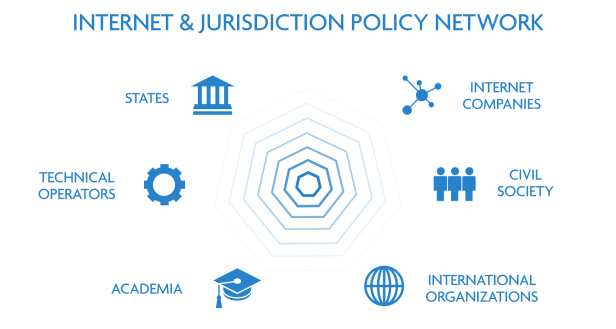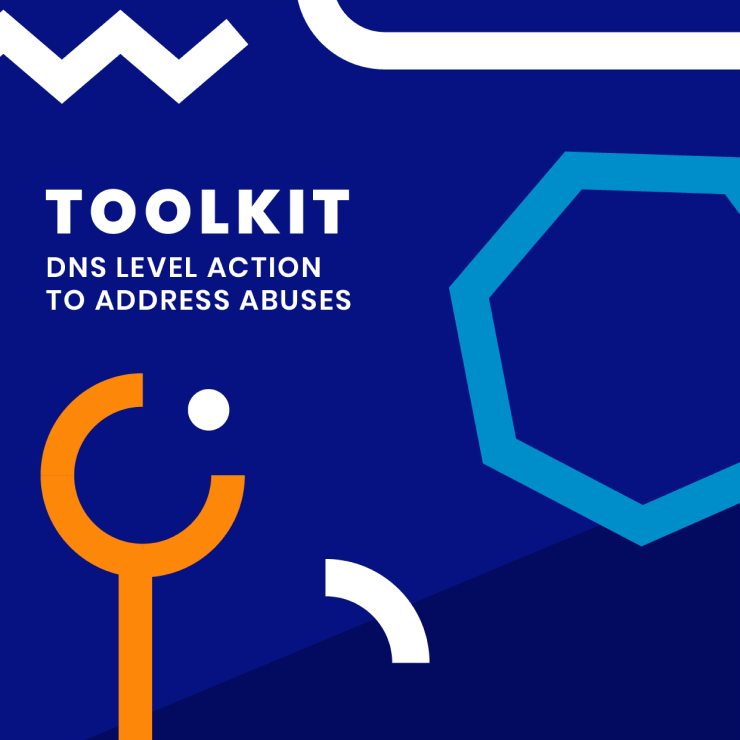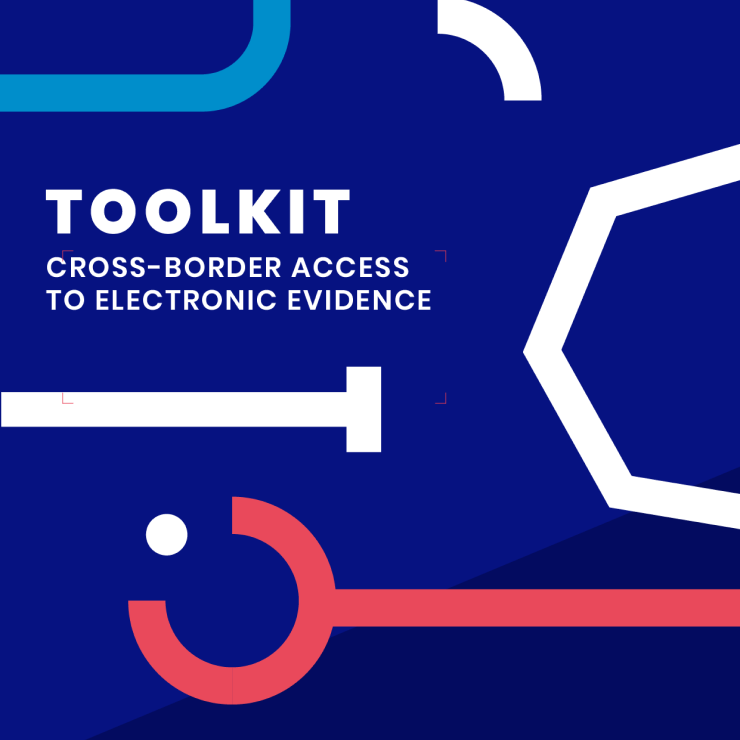
Toolkit
Cross-Border Content Moderation
Purpose
Towards maximizing freedom of expression while minimizing harm, a guide to determine applicable standards and due process guarantees for cross-border content moderation decisions.
The Toolkit informs service providers in the design of their content moderation activities, notifiers in detection and reporting, and legislators/policymakers in determining procedures for dealing with content and abusive behaviour online.
Read more about Issue FramingA collaborative effort of over 100 stakeholders
From governments, internet companies, technical operators, civil society, leading universities, and international organizations.
Raising awareness
About the scope and extent of cross-border content moderation decisions and applicable safeguards.
Clear common guidelines
Enabling interoperability across heterogeneous governance frameworks and coexistence between actors.
Download the full Toolkit
Download pdfI&JPN Methodology
The Internet & Jurisdiction Policy Network fosters a new approach to transnational policy-making. Its innovative methodology identifies relevant stakeholders to define common problems and produce solutions to pressing and complex policy challenges.
Since 2016 in regular iterations, the Content & Jurisdiction Program Contact Group engages key global policy actors. Contact Groups iteratively develop concrete outcomes pertaining to specific facets of cross-border content moderation and restriction challenges some of which are included in this Toolkit.
Meet the membersFraming common problems
Stakeholders develop a shared framing of the issue. This provides a common understanding of the policy problem and identifies areas for cooperation.
Developing common approaches
Stakeholders develop Operational Norms, Criteria and Mechanisms to offer concrete avenues for cooperation.
Setting common objectives
Stakeholders identify structuring questions to develop a framework within which concrete policy solutions can be developed.
Fostering legal interoperability
Work is conducted to communicate and aid the implementation of policy solutions. This may take the form of Toolkits compiling thematic Outcomes.
Overview
In the absence of clear common guidelines and due process, protecting human rights and freedom of expression when dealing with online content abuses is a major transnational challenge.
Applicable substantive norms, including the interplay between agreed international and regional human rights, national laws, and companies’ community guidelines.
The respective obligations of states and the respective responsibilities and protections of other actors, including the identification of allegedly illegal content.
Decision-making, standards and procedures, including the escalation path for individual decisions and appeal mechanisms.
Legitimate purposes, necessity and proportionality regarding the geographic scope of restrictions.
The necessary due process and transparency standards that should be applied across borders.
Contents
This Toolkit has a twofold structure. The first section provides a framework for understanding and approaching the four different stages in the process of content moderation (Identification, Evaluation, Choice of Action, and Recourse). The second section contains practical tools that can help resolve some of the challenges of cross-border content moderation.
FRAMEWORK
Identification
Evaluation
Action
Recourse
Tools

INTERNET & JURISDICTION POLICY NETWORK
The Internet & Jurisdiction Policy Network is the multistakeholder organization fostering legal interoperability in cyberspace. Its stakeholders work together to preserve the cross-border nature of the internet, protect human rights, fight abuses, and enable the global digital economy.
GROUPS



